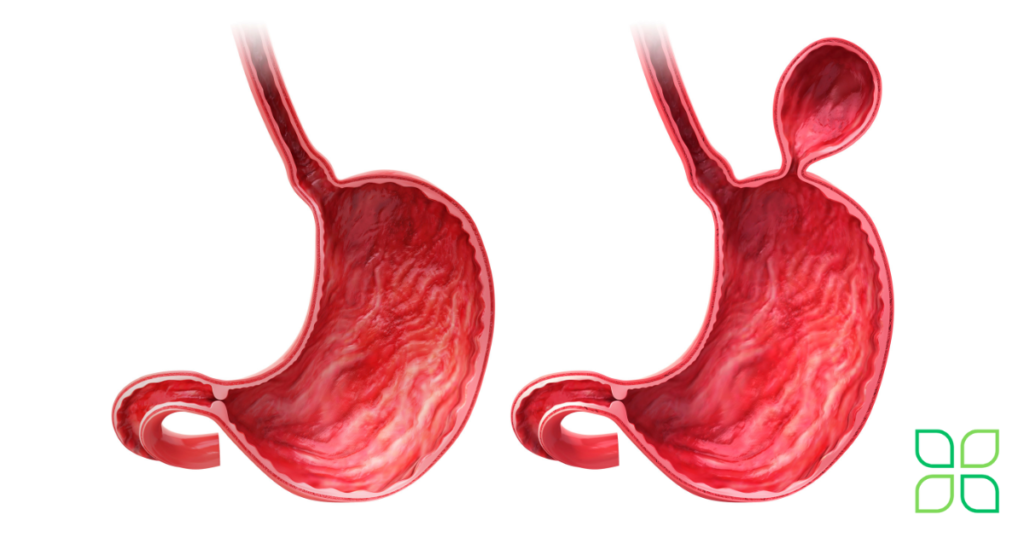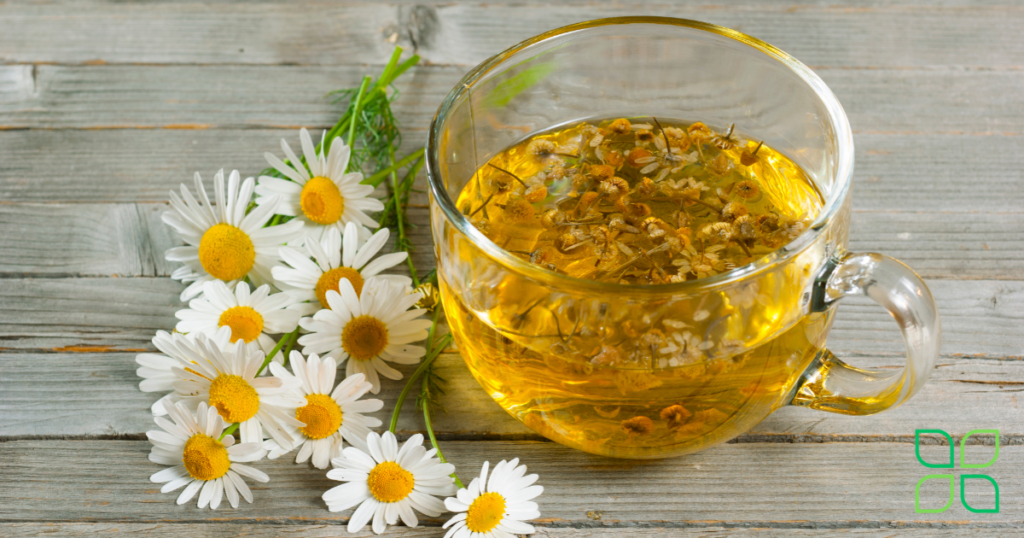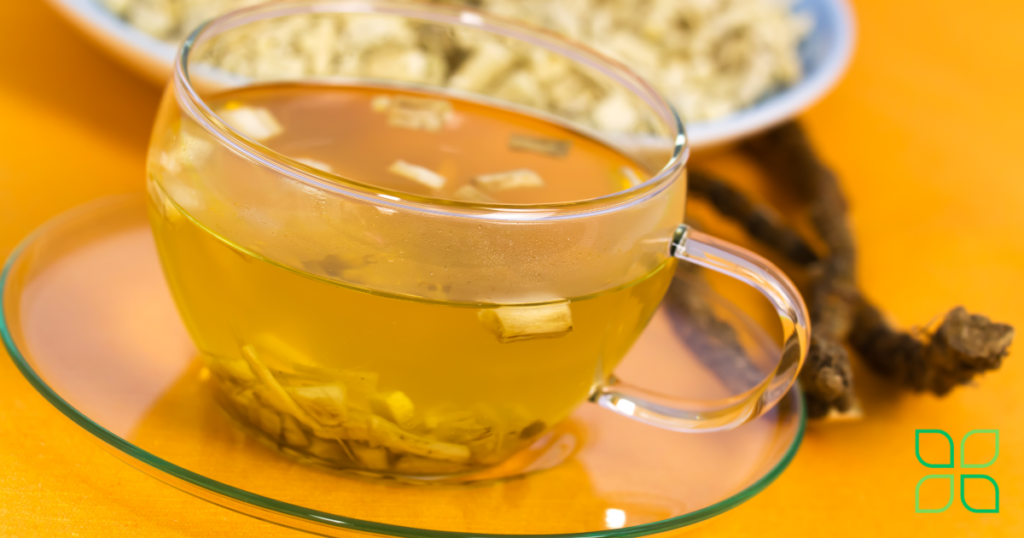Herbs for Managing a Hernia Naturally
Hernias are a common health concern worldwide, affecting millions of individuals annually. While surgical intervention is often necessary, many people seek natural remedies to manage symptoms and improve their quality of life. Herbs, with their long history of medicinal use, offer a promising avenue for those looking to support their health naturally. In this blog post, we will explore various herbs that have been traditionally used to manage hernia symptoms, backed by scientific insights and practical tips.

Understanding Hernias: A Brief Overview
Before diving into herbal remedies, it’s crucial to understand what a hernia is. A hernia occurs when an internal organ or tissue protrudes through a weak spot in the muscle or surrounding tissue wall. Common types include inguinal, femoral, umbilical, and hiatal hernias. Symptoms can vary but often include discomfort, pain, and visible bulging.
The Prevalence of Hernias
Hernias are more common than many realize. According to the National Institute of Diabetes and Digestive and Kidney Diseases (NIDDK), about 5 million Americans have a hernia, but only a fraction seek medical treatment. This statistic highlights the importance of awareness and natural management strategies.
Herbal Remedies for Hernia Management
Herbs have been used for centuries to support various health conditions, including hernias. Below, we will examine some herbs known for their potential to alleviate hernia symptoms and promote healing.
1. Licorice Root
When it comes to natural remedies, licorice root stands out for its impressive benefits, especially for those dealing with digestive issues like a hiatal hernia. Known for its anti-inflammatory and soothing properties, licorice root has become a popular choice for individuals seeking relief from the discomfort associated with this common condition.
2. Chamomile

When we think of chamomile, the first thing that often comes to mind is its renowned ability to calm and soothe. Many of us have turned to a warm cup of chamomile tea as a simple remedy to unwind after a long day. However, this humble herb offers much more than just relaxation. Chamomile is packed with anti-inflammatory and antispasmodic properties that can be incredibly beneficial for various health issues, including digestive discomfort and inflammation associated with hernias.
3. Turmeric
When it comes to natural remedies, turmeric stands out as a golden powerhouse, revered for its anti-inflammatory properties. At the heart of turmeric’s healing abilities is curcumin, a vibrant compound responsible for its myriad health benefits. This herb isn’t just a kitchen staple; it’s a potent tool in managing pain and swelling, particularly beneficial for those dealing with hernia-related discomfort.
4. Ginger
Ginger has been cherished for centuries, not only for its distinctive flavor but also for its remarkable ability to support and soothe the digestive system. If you’re dealing with a hiatal hernia or simply looking to improve your digestive health, ginger might just become your new best friend.
5. Marshmallow Root
Marshmallow root is known for its mucilage content, which can soothe irritated tissues. It forms a protective layer on the mucous membranes, providing relief from inflammation and irritation caused by a hernia.
One of the simplest ways to use marshmallow root is by preparing a soothing tea. Here’s how you can make it at home:
- Boil the Water: Start by boiling 2 cups of water in a saucepan.
- Add Marshmallow Root: Once the water is boiling, add 1 tablespoon of dried marshmallow root.
- Simmer: Reduce the heat and let the mixture simmer for about 15-20 minutes. This allows the mucilage to infuse into the water.
- Strain the Tea: After simmering, strain the mixture into a cup to remove the root pieces.
- Add Flavor: If desired, add honey or lemon for taste.

Incorporating Herbs into Your Routine
Integrating herbal remedies into your daily routine can be simple and effective. Here are some practical tips for using herbs to manage hernia symptoms naturally.
Herbal Teas
One of the easiest and most soothing ways to manage hernia symptoms is by preparing herbal teas. Chamomile, ginger, and licorice root teas are not only widely available but also simple to incorporate into your daily routine.
To prepare chamomile tea, simply steep a chamomile tea bag or a tablespoon of dried chamomile flowers in hot water for 5-10 minutes. The gentle aroma and mild taste make it a pleasant drink at any time of the day. For an extra touch of sweetness, add a bit of honey.
To make ginger tea, slice a few pieces of fresh ginger root and steep them in boiling water for about 10 minutes. You can add lemon or honey to taste, enhancing its flavor and boosting its health benefits.
To prepare licorice root tea, use either licorice root tea bags or a teaspoon of dried licorice root. Steep it in hot water for 5-10 minutes. Its naturally sweet flavor eliminates the need for additional sweeteners, making it an easy and delicious option.
Herbal Supplements
If you prefer a more concentrated form, herbal supplements are a convenient option. Turmeric and ginger supplements are popular choices. Be sure to follow the recommended dosage on the packaging and consult with a healthcare professional before starting any new supplement regimen.
Topical Applications

For external use, consider using herbal creams or ointments that contain anti-inflammatory herbs like turmeric. These can be gently applied to the affected area to reduce swelling and discomfort.
Dietary Adjustments
In addition to herbs, certain dietary changes can support hernia management. Incorporate fiber-rich foods, stay hydrated, and avoid triggers like spicy foods and caffeine. A balanced diet can complement the effects of herbal remedies.
Consulting with Healthcare Professionals
While herbs offer promising benefits, it’s essential to consult with healthcare professionals before making significant changes to your treatment plan. They can provide personalized advice based on your specific condition and medical history.
When to Seek Medical Attention
Though natural remedies can be beneficial, it’s crucial to recognize when medical intervention is necessary. If you experience severe pain, vomiting, or difficulty passing stools, seek immediate medical attention as these could be signs of a hernia complication.

Conclusion
Herbs can be a valuable tool in managing hernia symptoms naturally, offering anti-inflammatory and soothing benefits. By incorporating these herbs into your routine and making mindful lifestyle choices, you can support your health and potentially reduce hernia-related discomfort. Always consult with healthcare professionals to ensure the best approach for your individual needs. Remember, while herbs can alleviate symptoms, they should not replace conventional treatment when necessary.
By exploring natural remedies and staying informed, you empower yourself to take control of your health and well-being. Consider incorporating these herbs into your wellness routine and experience the potential benefits they offer for managing hernias naturally.
